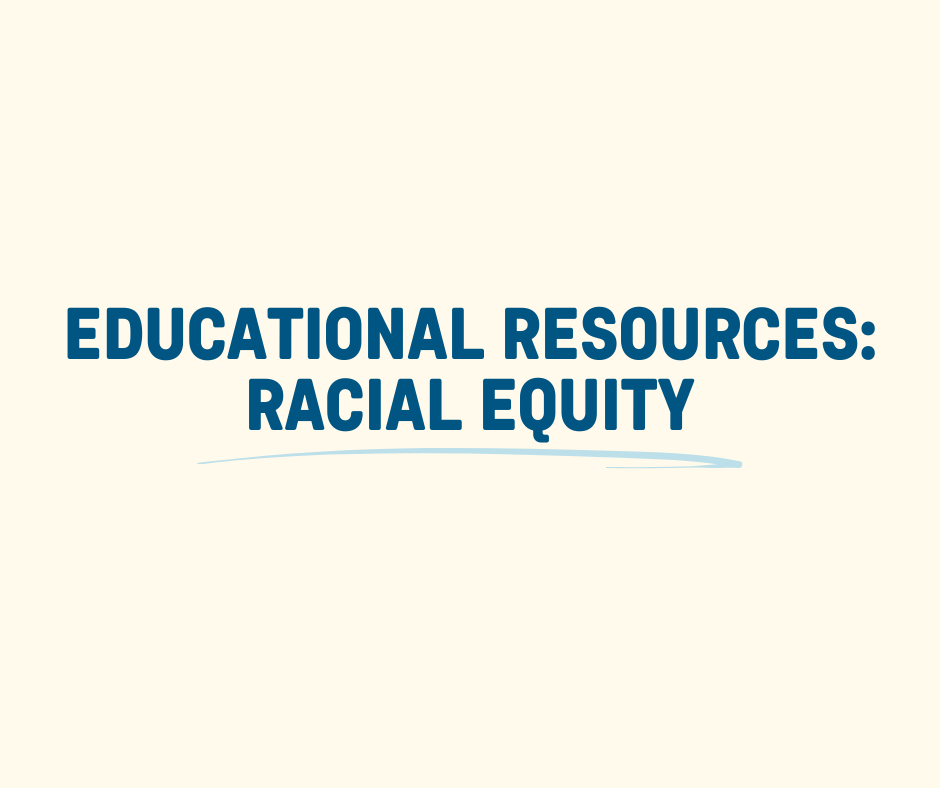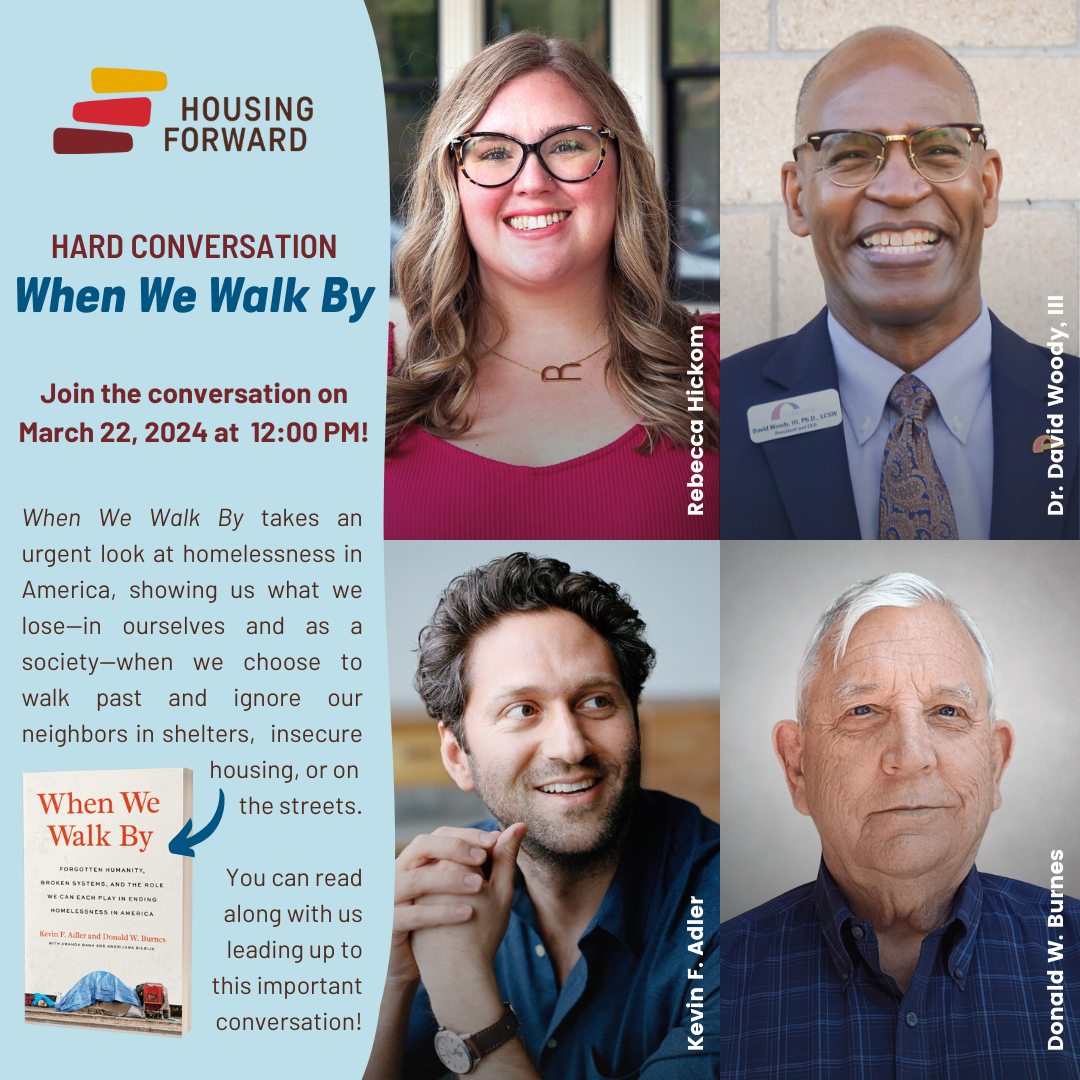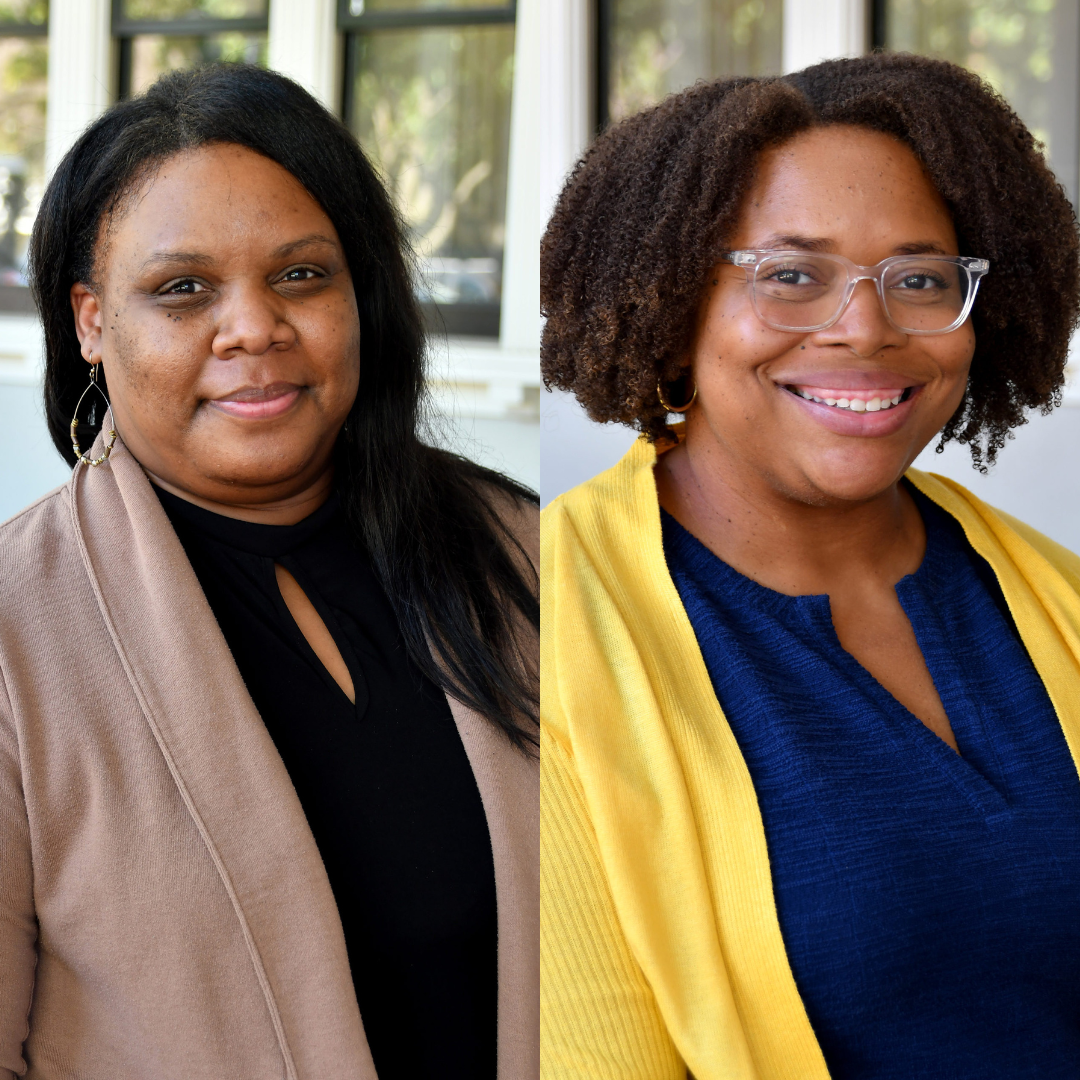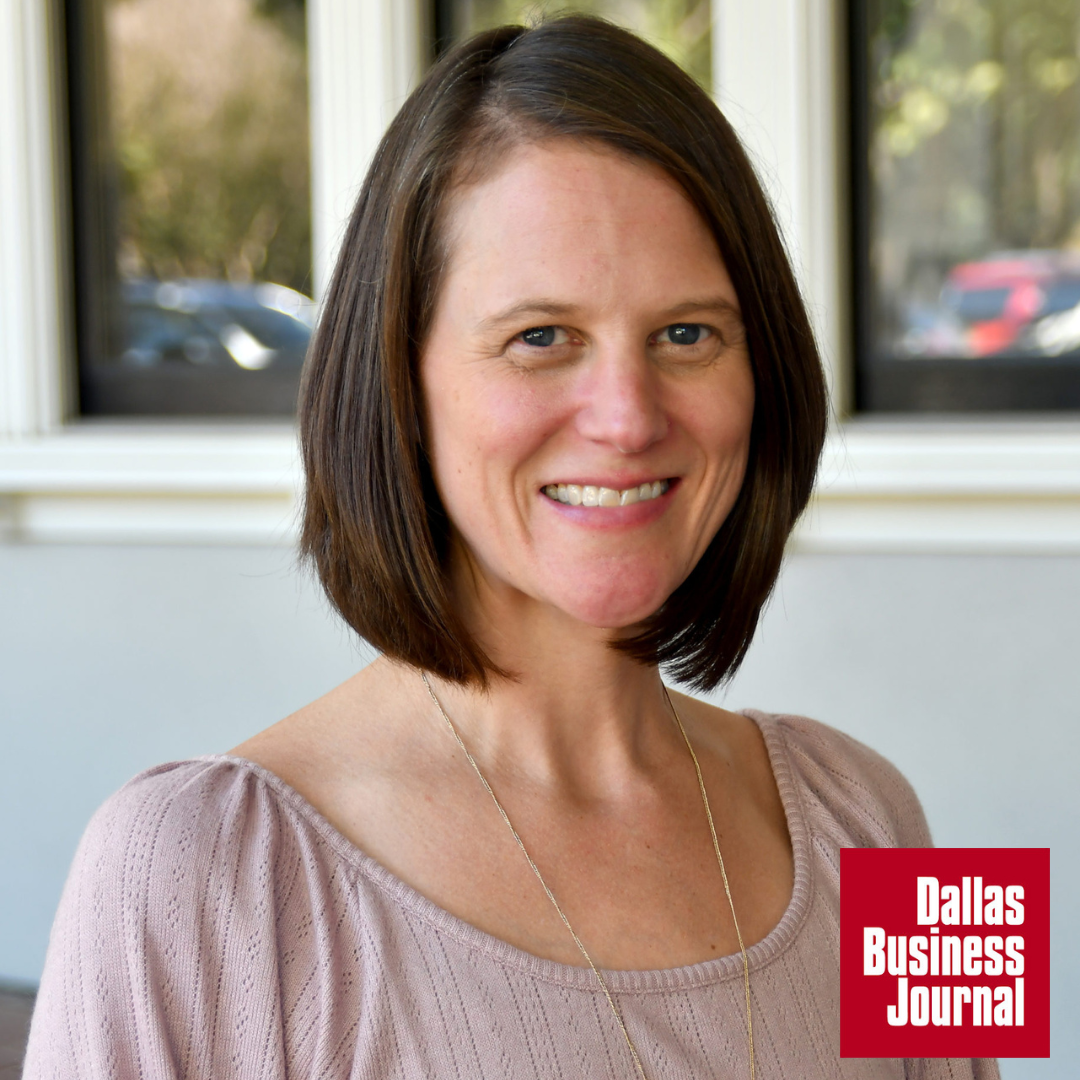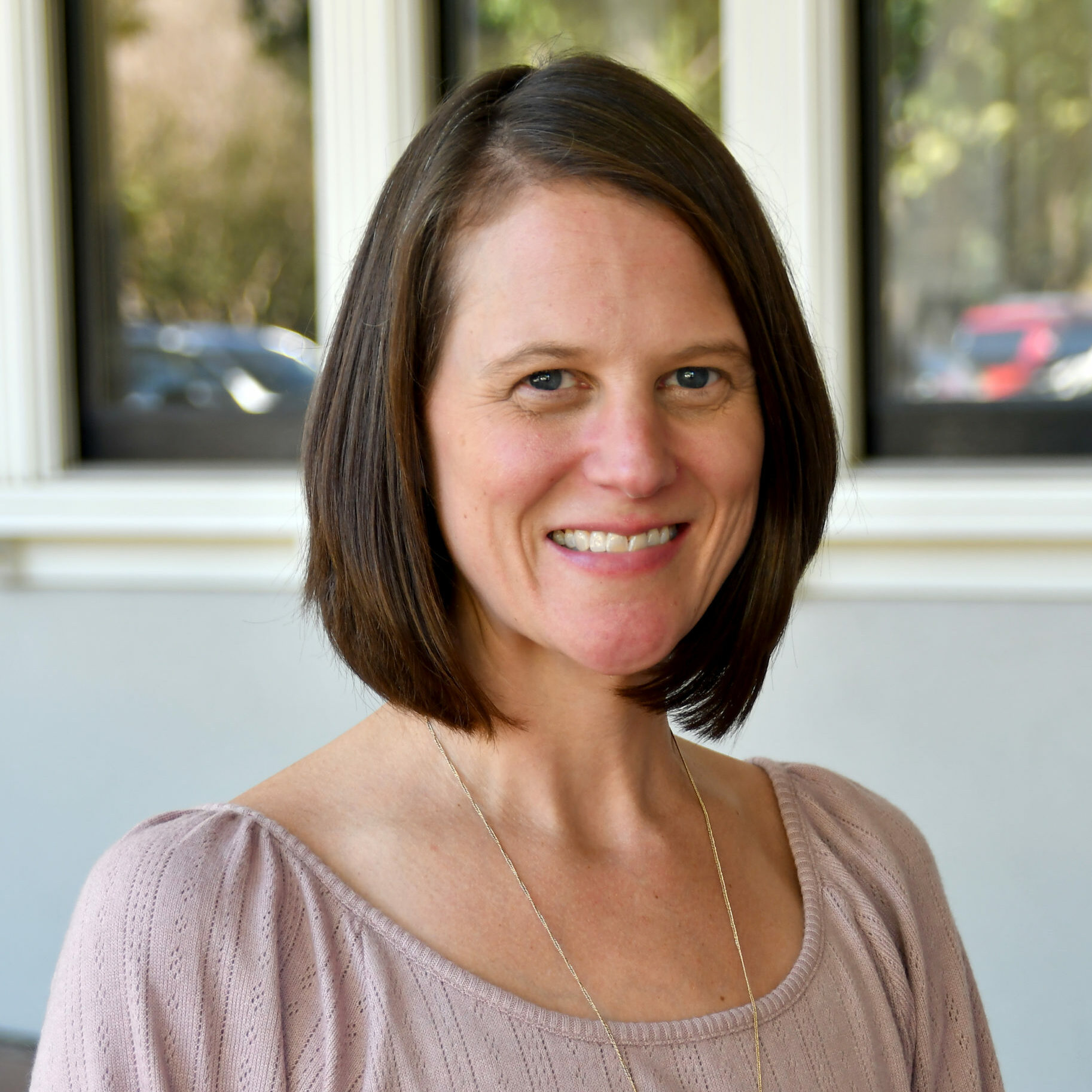The issue of racial equity is extremely important to MDHA. Recently, we sat down to reflect on the work done by our Racial Equity Steering Committee/Task Force, and where we go from here.
Committee Objective: The knowledge of the systems that created the overrepresentation of persons of color in homelessness is strong, tolerance for this overrepresentation is low, and resistance to it is widespread, coordinated and driving systems change in the Dallas community and especially within the homeless response system.
Committee Members: Ashley Brundage (United Way of Metropolitan Dallas), David Gruber (Metro Dallas Homeless Alliance), Jerry Hawkins (Dallas Truth, Racial Healing and Transformation), Errika Flood Moultrie (Dallas Truth, Racial Healing and Transformation), Almas Muscatwalla (Faith Forward Dallas), Nissy New (Child Poverty Action Lab – 2019-2020/Metro Dallas Homeless Alliance – 2020-Present, Chair), Alexis Willis (Americorps VISTA), Dr. David Woody (The Bridge)

Nissy New, MDHA Vice President of Operations and Chair of the Committee
Background (October 2016-February 2018): The committee was formed in March 2019, in response to the C4 Innovations SPARC reports (national and local) recommendations, which followed the initial SPARC work of October 2016-February 2018.
Rationale (March 2018-March 2019):
- At the end of March 2018, more than 70 leaders from the Dallas community gathered to develop a strategic plan to guide the work of ending homelessness over the coming 3-5 years.
- One area of consensus was that the Dallas community must adopt the SPARC report recommendations, with the understanding that this work would be ongoing for years to come, and that the entire community would need to be involved.
- The MDHA Continuum of Care board endorsed the resulting Dallas’ Strategic Plan to Advance the Work of Ending Homelessness in Summer 2018.
- The MDHA Continuum of Care board and Faith Forward Dallas adopted a shared homelessness initiative, with a strong focus on racial equity in Summer 2018.
- The Dallas Area Partnership to End and Prevent Homelessness Three Year Plan included the SPARC recommendations, with the understanding that significant progress would ideally be made in the third year of the plan’s implementation.
- MDHA and the Dallas Public Library continued to conduct Hard Conversations sessions, periodically, with a strong focus on racial equity.
- Following leadership interregnums in Dallas and at C4/SPARC, a successful search for a strong partner led MDHA to contract Dallas Truth, Racial Healing and Transformation to take Dallas to the next step, which the latter called Racial Equity in Homelessness 2.0.
- There was a strong understanding that there needed to be either a Continuum of Care General Assembly Committee or a separate task force/steering committee with strong homeless response system as well as community representation to carry the work forward.
- The commitment to racial equity was woven into the D-ONE Plan.

Jerry Hawkins, Dallas TRHT Executive Director (Courtesy of Dallas TRHT)
Activities (March 2019-Present):
- In mid-2019, Dallas TRHT issued a groundbreaking report: A New Community Vision for Dallas, highlighting the Racial Equity in Homelessness 2.0 plan.
- On the advice of Dr. Woody, at its inaugural April 2019 meeting, the committee members resolved that it should be separate task force/steering committee.
- The committee sought data from the Dallas Housing Authority, as well as Dallas County and Collin County’s criminal justice systems and discovered that data correlating homelessness with race is not readily available in these systems.
- The committee took part in C4 Innovations-guided monthly learning collaborative sessions, across the now eight SPARC communities.
- MDHA and the Dallas Public Library conducted four Hard Conversations sessions, with a strong focus on racial equity:
- Evicted – Poverty and Profit in the American City – with Randy Mayeux
- YIMBY – How Dallas Got to Yes on Housing and Shelter for Homeless People – with Dallas City Council Member Omar Narvaez
- You Can’t Arrest Your Way Out of Homelessness – with Dallas County DA, John Creuzot
- The Book on Ending Homelessness – with Dr. Iain De Jong
- In July 2019, Dr. Woody briefed the Continuum of Care General Assembly on how to meet the racial equity requirements within the 2019 Continuum of Care Program Competition.
- In the second half of 2019, MDHA joined United Way of Metropolitan Dallas and J.P. Morgan Chase’s Pathways to Work Advisory Group to promote synergy between the racial equity work of the committee and the Advisory Group.
- The committee resolved that Dallas TRHT would provide targeted intervention services to all levels of staff and board members at The Bridge. The sessions would include training on the historical context of race and homelessness, tools, and how to utilize the tools. Following the initial part of this training, The Bridge already saw a measurable increase in permanent placement of unhoused individuals. The idea was that once this training at The Bridge was complete, with lessons learned, similar intervention services would be provided at each homeless response system partner.
- MDHA and the committee continued the work of educating the community about racial equity in homelessness, through the MDHA website, blog and enews that goes out to over 6,000 addresses, and social media.
- In February 2020, the committee resolved that rather than wait for the completion of the work at The Bridge, the committee would accelerate its schedule. It would begin to engage the professional and lay leadership of major homeless response systems, using the Hard Conversations framework. These sessions were to be led by Dallas TRHT, utilizing a delivery format and content used successfully in their work with their larger non-profit cohort.
- The committee and MDHA worked with Faith Forward Dallas to formulate a plan to deploy congregations and their leadership to support equitable housing solutions for those experiencing homelessness, throughout all fourteen Dallas city council districts.
- The COVID-19 pandemic caused a pause in the work, especially the work at The Bridge, the Hard Conversations with other major partners, and the deployment of Faith Forward Dallas congregations. The committee kept meeting virtually to contemplate how to adjust and continue the work. The members reflected not only on the extreme but unsurprising manifestations of racial inequities inherent in the pandemic, but how they juxtapose with those same racial inequities in homelessness.
- MDHA produced a number of educational videos to educate the home-confined public about its work, with a strong focus on racial equity, including To Bigotry No Sanction, which tells the story of the last few years’ racial equity work, and seeks to rally the community to continue its support for it.
- MDHA and the committee conducted its first virtual Hard Conversation session, We Keep Us Safe: Building Secure, Just, and Inclusive Communities, with Randy Mayeux, Rev. Dr. Michael Waters and Yulise Reaves Waters, Esq.
- New and Willis developed a leadership racial equity survey to be administered throughout homeless response system major organizations.
- At its most recent meeting, the committee charged Dallas TRHT to re-engage The Bridge and pick up where it left off in February 2020, as well as map out a virtual format for the Hard Conversations with other major partners.
Next Steps (Present-August 2022):
In response to racial trauma surfaced and highlighted by the murder of George Floyd, the Covid-19 pandemic, and as part of the system transformation work MDHA has been conducting with the Clutch Consulting Group, the committee is in the process of mapping out its next steps. These will include (but are not limited to):
- Engage renowned global consulting group, ICF, to help implement the SPARC report recommendations that are outside of Dallas THRT’s current purview:
- Design an equitable Coordinated Entry system.
- Incorporate racial equity into grantmaking and contracting for homelessness and housing programs.
- Include racial equity data analysis and benchmarks in strategic planning to end homelessness.
- Encourage anti-racist program delivery.
- Promote ongoing anti-racism training for homeless service providers.
- Collaborate to increase equitable affordable housing availability for all people experiencing homelessness.
- Accountability partners are the Clutch Consulting Group and ICF.
- MDHA and the committee will engage other training vendors, as needed.
- Implement racial equity practices as a key component of the eleven community workgroups recommended by the Clutch Consulting Group. These workgroups are set to begin meeting in September 2020.
-
- Accountability partner is the Clutch Consulting Group.
-
- Deploy congregations and their leadership to support equitable housing solutions for those experiencing homelessness, throughout all fourteen Dallas city council districts.
-
- Accountability partner is Faith Forward Dallas
-
- Recruit additional committee members to increase influence within the homeless response system, across Dallas and Collin Counties, including members with lived experience.
- Administer the leadership racial equity survey, and report on its results to individual organizations, as well as the community. This will highlight the need for leadership to reflect the population we serve, as well as steps organizations can take to make this a reality.
- Utilize data within HMIS to help direct funding with a racial equity lens.
Next Steps (August 2022 Onwards – Preliminary Thoughts):
- Assess the work done to date, specifically what is working and what needs refinement, and learn lessons for the next steps.
- Resolve which existing partners to reengage, and which new partners we need to bring to the table.
- Engage with new and existing partners to:
- Utilize innovative upstream interventions to prevent homelessness for persons of color.
- Investigate flexible subsidies to mitigate the effects of network impoverishment.
- Support innovative health care strategies to meet the health and behavioral health needs of communities of color, that will best impact rates of homelessness.

